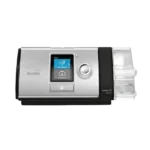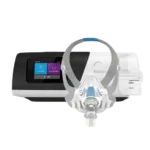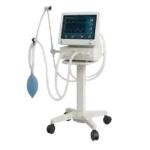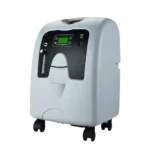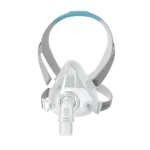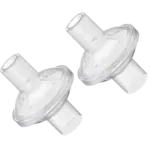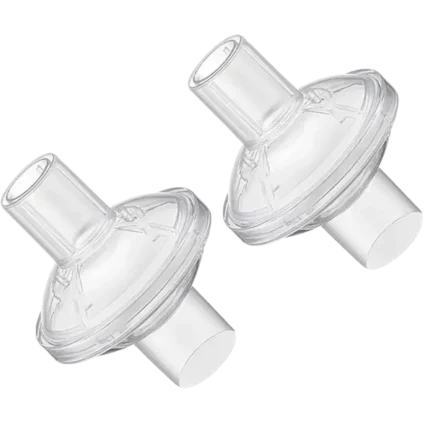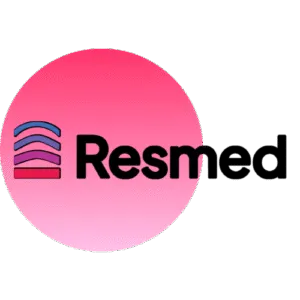CPAP and BiPAP filters play a critical role in ensuring the air you breathe during therapy is clean, fresh, and free from harmful particles. Whether you’re using your device for sleep apnea treatment or respiratory support, a high-quality filter helps protect your lungs, prolongs the life of your machine, and maintains optimal performance.
Q: What does a CPAP/BiPAP filter do?
Answer: A CPAP/BiPAP filter cleans the air entering your device by trapping dust, pollen, and other airborne particles, ensuring you breathe clean and safe air during therapy.
Q: How often should I replace my CPAP or BiPAP filter?
Answer: Disposable filters should be replaced every 2–4 weeks, while reusable filters should be cleaned weekly and replaced every 6 months or as recommended by the manufacturer.
Q: Can I wash and reuse my CPAP filter?
Answer: Only reusable filters can be washed and reused. Disposable filters must be replaced with a new one when dirty or after the recommended time frame.
Q: What happens if I don’t change my CPAP/BiPAP filter regularly?
Answer: A clogged or dirty filter can reduce airflow, strain your machine, and allow unfiltered air into your lungs, which may affect your health and device performance.
Q: Are hypoallergenic CPAP filters available?
Answer: Yes, hypoallergenic filters are designed for people with allergies or asthma and provide extra protection against fine particles and allergens.

